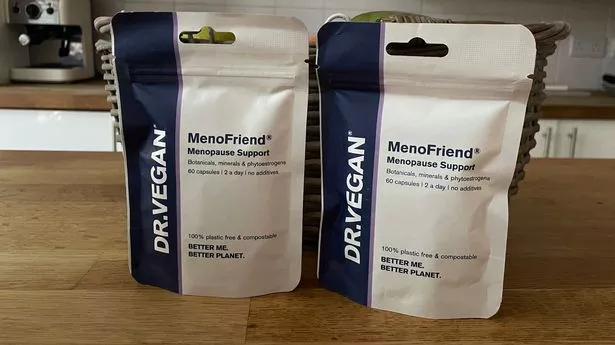Black women are “suffering in silence” despite the fact many will feel the debilitating effects of the menopause two years earlier than white women, a hero Olympian warns.
Michelle Griffith-Robinson, who is an ambassador for The Menopause Charity, has said the reason many Black women are not seeking help for their health issues is deep rooted and comes from a culture of not airing your dirty laundry in public. Earlier this year, huge disparities in women’s health were highlighted in the The Commons Women and Equalities Committee report stating that Black women are four times more likely to die in childbirth in the UK than white women.
Now, on World Menopause Day, the GB Olympian and Commonwealth Games triple-jumper, is speaking up about the differences in how the menopause is for Black women in the UK, and she told the Mirror she wants “all women to thrive at this stage of life, because not everyone makes it to this age, we have lost a lot of women along the way.”
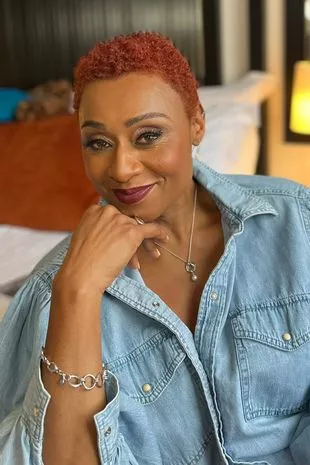
(
Supplied)

(
Press Association)
Michelle explained that Black women get more severe sweats than white women, and are also more likely to go through the menopause two years earlier than their white counterparts. The average age of a white woman in the UK to begin the peri-menopause is 51, but this is more likely to be 49 for Black women.
The mum-of-three, who lives in Wales, said: “In the Black community, the majority of the time we have been brought up to keep quiet about affairs that go on in the home, be that health, marital issues, whatever, we have been told don’t share your dirty laundry outside the house. I’m a perimenopausal woman, I spoke up about my experiences five years ago, but I found there was very little information through the lens of a Black woman.
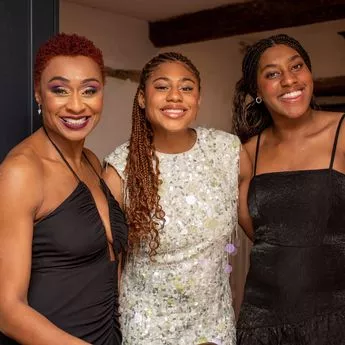
(
Supplied)
“Many Black women don’t know where to start and end up suffering in silence, we have to see it through their completely different viewpoint. They have trust issues with the health care service, they think ‘are they aren’t going to believe me’. More and more Black women are speaking up about the menopause, many more than five years ago but still we need to look at the inequality. Not everyone is on par, because they have a different starting point.
“We are just as vulnerable, if not more vulnerable, but we won’t speak up. It’s not poor me, it’s understanding the nuances behind why Black women won’t speak up. It goes back to that don’t wash your laundry in public.”
Michelle is married to former Wales rugby player and the couple live with their children in a farmhouse in Monmouthshire. The family appeared in Channel 4 programme Renovation Nation which featured them renovating the Grade II property last year.
“My husband is my biggest supporter and he has always been there for me,” Michelle said. “I couldn’t get through this without him. Matthew is so understanding.”
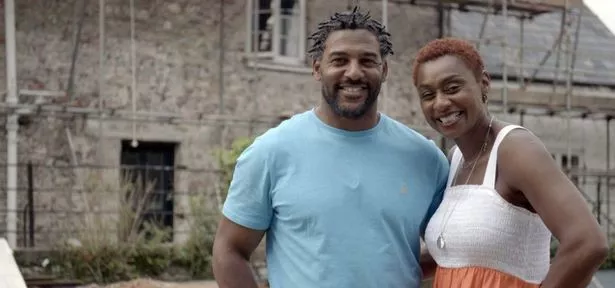
(
Channel 4 / True North)
Michelle, who competed for team GB for 15 years as a triple jumper, added: “My mother was always very open with me, she came from a medical background, she was a ward sister, so I’m speaking up, but it is going against the status quo. I know that comes with confidence and not everyone has that confidence to speak up, speak out and seek out. I have two daughters and I want it to be better for them, my mum wanted it to be better for me and we have to go on getting better at talking about this.
“We know more now. We are able to advocate for ourselves and look after our self care, by late 40s early 50s we are on the right track to knowing who we are. The perimenopause is like a rollercoaster, so many symptoms that we didn’t know would happen, brain fog, low libido, weight gain, but there are ways through it.”
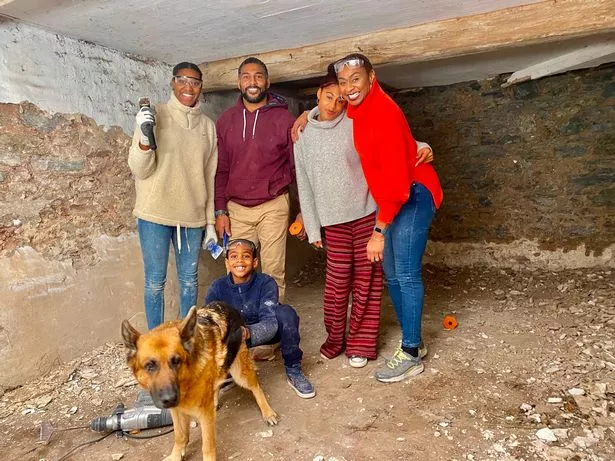
Michelle said she wanted this stage of women’s life to be uplifting as she remembered her sister in law who died of breast cancer aged just 44. She added: “I want this for all women, for them to thrive in this stage of life, because not everyone makes it to this age, we have lost a lot of women along the way. It’s my role as a 52-year-old perimenopausal woman to grasp every opportunity, feel the fear and do it anyway.
“All I want to do is make a difference for one person, so they can make a difference for one person and that snowballs.”
Menopause facts
- 90% of women get menopausal symptoms
- 10% of women leave their jobs due to menopause
- Only 14% of women in the UK are on HRT
For more information and for support visit The Menopause Charity here.

